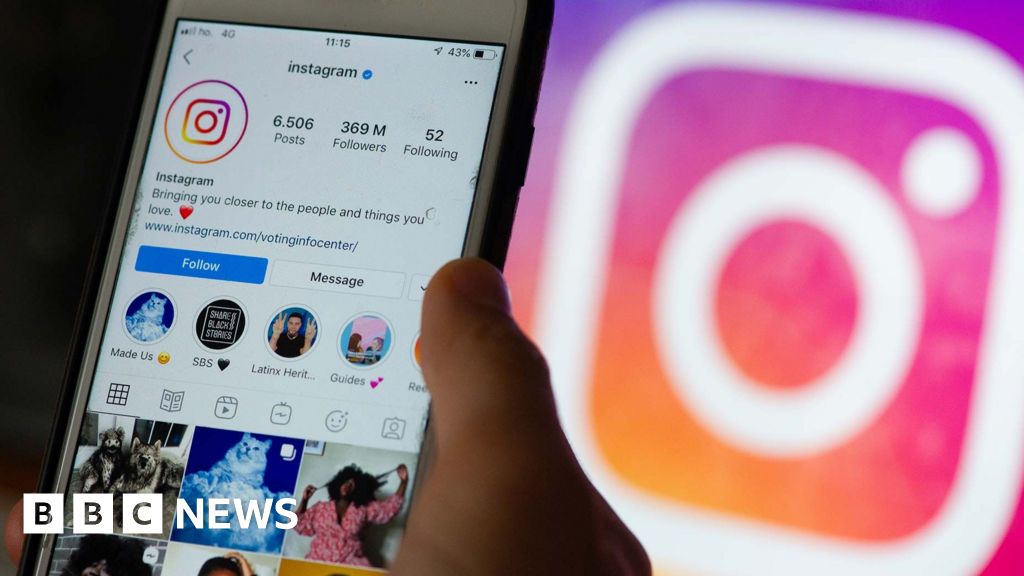Record Demand for iPhone 17 Pro Max: What It Means for Apple

Introduction
According to renowned Apple analyst Ming-Chi Kuo, the demand for the new iPhone 17 lineup is remarkably strong. In fact, initial orders for the latest iPhone models have already surpassed the previous year's record, with the Pro Max being the star performer. This news comes as no surprise to technology enthusiasts and iPhone loyalists, who eagerly awaited the launch of the highly-anticipated devices.
Key Details
The iPhone 17 lineup boasts an array of impressive features, including a new A17 Bionic chip, 5G connectivity, and an improved camera system with LiDAR technology. These advancements have undoubtedly contributed to the strong demand for the new iPhones, with the Pro Max surpassing all expectations. In addition, the iPhone 17 Pro and Pro Max offer a larger display and longer battery life, making them a top choice for those seeking a high-performance device.
Impact
The strong demand for the iPhone 17 lineup not only reflects the popularity of the Apple brand but also highlights the increasing reliance on smartphones in our daily lives. With the ongoing pandemic and the rise of remote work and online learning, having a reliable and advanced smartphone has become more important than ever. The success of the iPhone 17 models is a testament to Apple's innovation and ability to meet the evolving needs of their customers.
About the People Mentioned
Ming-Chi Kuo
Ming-Chi Kuo is a prominent Taiwanese securities analyst renowned for his accurate predictions on Apple products, earning him the moniker "Apple Leak King" due to his extensive supply chain intelligence network.[1][2][5] Specializing in analyzing order changes, capacity adjustments, and component details from Apple's upstream and downstream suppliers, Kuo consistently forecasts design features, specs, and upgrades months ahead of announcements, with core predictions achieving over 70% accuracy—well above industry averages.[1][2] His career gained prominence in 2010 at Digitimes Research, where he early predicted a smaller iPad model post-original iPad launch.[1][2] He advanced to Concord Securities in 2011 and KGI Securities in 2013, solidifying his reputation through spot-on reports on iPhone 6's side power button, NFC support, screen resolution, iPhone 7's headphone jack removal, iPhone X's OLED display, TrueDepth camera, Apple Watch specs, and iPhone 6s features like 7000-series aluminum and Force Touch.[1][2][3][4] In 2018, Kuo departed KGI to join TF International Securities, where he continues as a key analyst providing financial guidance on product sales based on component orders.[2][3][5] Kuo's influence extends beyond hardware to sales projections and broader tech trends, often shaping media coverage alongside analysts like Mark Gurman.[2] Despite occasional misses on release dates or names—due to late decisions—he remains one of the most reliable sources for Apple rumors.[2][5] As of recent analyses, he comments on Apple's AI challenges, urging Siri/Apple Intelligence improvements by WWDC, potential Gemini collaboration, and innovations like 2025's iPhone Air and 2026 foldable iPhone amid AI pressures.[6] His insights into AI valuations, supply constraints, and industry shifts maintain his relevance in global tech circles.[1][6]
About the Organizations Mentioned
Apple
Apple Inc. is a leading American multinational technology company known for pioneering personal computing, mobile devices, and software ecosystems. Founded in 1976 by Steve Jobs and Steve Wozniak, Apple revolutionized technology with the first commercially successful personal computer and mainstream adoption of the graphical user interface (GUI), setting new standards in product design, user experience, and seamless integration across devices[2]. Headquartered in Cupertino, California, Apple’s product lineup includes the iPhone, iPad, Mac computers, Apple Watch, AirPods, and services such as the App Store, Apple Music, and iCloud. The company has built a vast ecosystem that enables third-party developers to expand product functionalities, strengthening its market dominance. Apple is widely recognized for its innovation in hardware, software, and services, with an emphasis on aesthetics and privacy. In 2025, Apple committed to its largest-ever investment initiative, pledging $600 billion over four years in the United States to boost manufacturing, research and development, and advanced technology sectors like artificial intelligence (AI) and silicon engineering[1][3]. This includes new manufacturing facilities, expanded R&D centers, and a program called the American Manufacturing Program (AMP) to encourage domestic production of critical components. These efforts support over 450,000 U.S. jobs and aim to establish a robust supply chain within the country[3]. Financially, Apple remains a powerhouse with a market capitalization of $3.84 trillion and annual revenue exceeding $400 billion. However, in 2025, it faced challenges including a 19% decline in stock value, intensified regulatory scrutiny from the U.S. Department of Justice over antitrust issues, legal disputes related to the App Store, and competitive pressure in AI technology[1][2]. Despite these hurdles, Apple continues to innovate, recently updating its software platforms with a unified "Liquid Glass" design and expanding its AI-driven personal assistant, Apple Intelligence[1]. Under CEO Tim Cook’s leadership, Apple balances technological advancement















